Marketing optimization stands as a pivotal process for businesses looking to maximize returns on their marketing investments. By implementing effective strategies and analyzing key data points, companies can significantly enhance their marketing performance across various channels.
Marketing data analysis techniques
Data analysis forms the backbone of successful marketing optimization efforts. Modern marketing requires a methodical approach to data collection, transformation, and interpretation to uncover actionable insights that drive better decision-making.
Key performance indicators worth tracking
Tracking the right KPIs ensures marketing teams stay focused on metrics that genuinely impact business outcomes. Essential KPIs include conversion rates, customer acquisition costs, return on ad spend (ROAS), and click-through rates. When performance metrics deviate by 15% from targets, implementing automated rules can help make swift adjustments. Marketing teams should conduct monthly budget reviews, scaling budgets by 15-20% for campaigns exceeding ROAS targets while reducing or pausing those performing 25% below expectations. You can learn more on https://www.marketing-consulting.es/ about integrating these KPIs into a comprehensive measurement framework.
Customer behavior pattern recognition
Recognizing patterns in customer behavior allows marketers to create more targeted and relevant campaigns. Through audience segmentation, brands can develop tailored messaging that resonates with specific customer groups. This segmentation can occur at various intervals—quarterly, monthly, weekly, or even in real-time—depending on the available data and business needs. Data quality plays a crucial role in this process, as poor-quality data leads to misguided insights. Organizations struggling with data fragmentation should consider ETL tools to integrate information from multiple sources, creating a more complete view of customer interactions across channels.
Digital channel optimization methods
Marketing optimization sits at the core of successful digital campaigns, employing data analytics and performance measurement to maximize ROI. With rising ad costs and shifting customer behaviors, brands must continuously refine their strategies to maintain competitive advantage. Effective optimization requires robust measurement infrastructure, clear KPIs, and high-quality data integration across channels.
Modern marketing optimization encompasses multiple dimensions: audience segmentation, budget allocation, creative refinement, and intelligent automation. By implementing a data-driven approach, organizations can identify inefficiencies, capitalize on opportunities, and make strategic adjustments that align with business objectives.
Social media platform performance evaluation
Evaluating social media performance demands a systematic approach with varying optimization frequencies. Quarterly audience segmentation reviews establish baseline targeting parameters, while monthly assessments refine these segments based on engagement patterns. Weekly performance monitoring provides granular insights into content effectiveness across platforms.
Data analytics plays a crucial role in social media evaluation. By examining metrics beyond vanity statistics, marketers can implement A/B testing protocols to assess creative variations. Many organizations conduct bi-weekly tests, analyzing results to optimize messaging and visual elements. This continuous performance measurement cycle helps identify high-performing content types and audience segments that warrant increased budget allocation.
Personalization represents another key dimension of social media optimization. By leveraging customer data platforms, marketers can create tailored experiences that resonate with specific audience segments. This approach has shown significant improvements in engagement rates and conversion metrics when implemented systematically.
Search engine marketing adjustment tactics
Search engine marketing requires vigilant optimization through structured adjustment tactics. Daily performance monitoring combined with automated rules can trigger budget shifts when performance deviates from targets by 15% or more. Monthly budget reviews provide opportunities to scale successful campaigns by 15-20% when exceeding ROAS targets, while underperforming initiatives may warrant reduction or pausing.
Conversion Rate Optimization (CRO) forms an essential component of search marketing adjustments. Using heatmaps and session recordings, marketers can identify barriers to conversion and optimize landing page elements. Regular CRO audits help understand what truly drives user actions, enabling tactical refinements that improve quality scores and reduce cost-per-acquisition.
Budget allocation decisions should be guided by attribution models that accurately reflect the customer journey. By moving beyond last-click attribution, marketers gain visibility into the full conversion path. This comprehensive view allows for more nuanced optimization of keyword strategies, bid adjustments, and ad creative elements across search platforms.
Marketing automation and AI capabilities now enable more sophisticated search marketing optimization. These tools can identify patterns in performance data and suggest tactical adjustments based on historical results and market conditions. As the technology evolves, marketers who leverage these capabilities gain efficiency while improving overall campaign performance.

